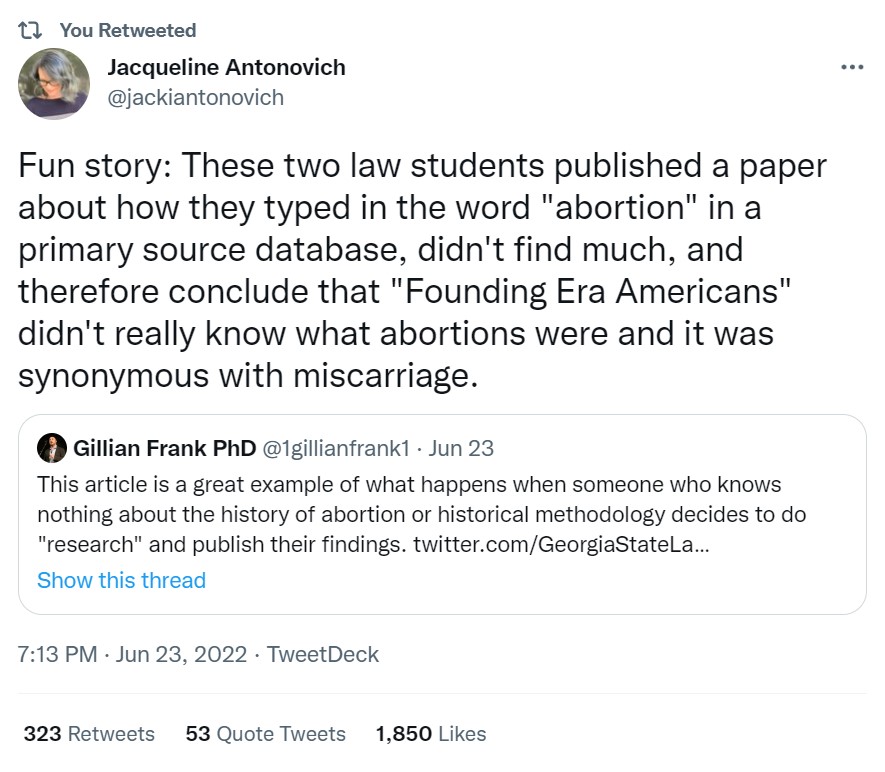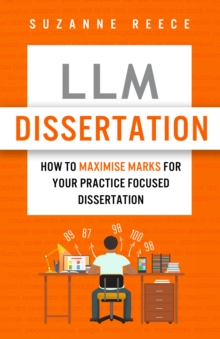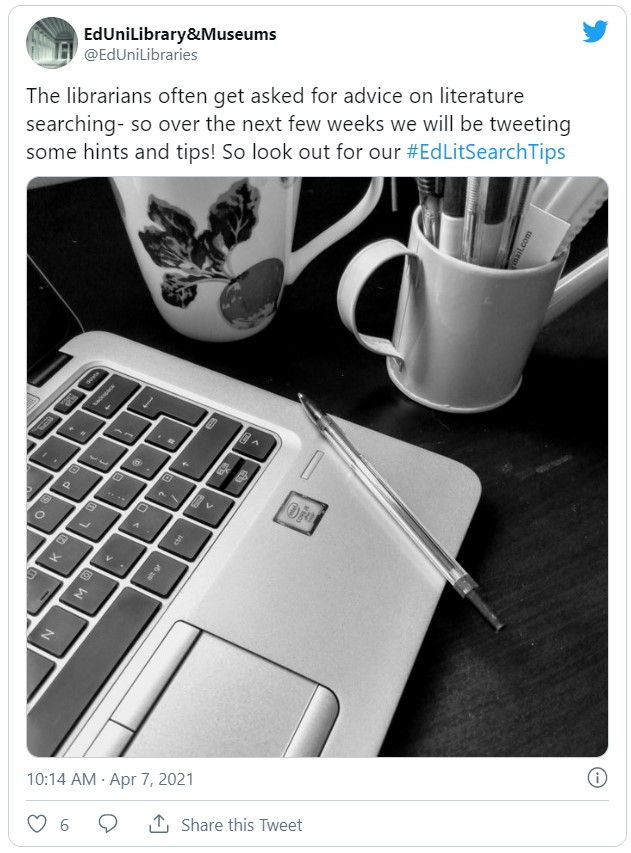Did you know the library has a list of resources that can help you get started with big research projects such as dissertations? You may feel a bit overwhelmed about how to begin, but the library team have helpfully compiled a Resource List of books, guidance and articles that we think will ensure you feel more confident:
Resource Lists are clickable pages of bookmarks that link directly to items in our library catalogue, many of which you can access online. Most courses will have prescribed Resource Lists that indicate the reading for your modules, and students tell us they find them helpful and easy to use. PG Students will also find this list linked in the Learn pages for PG dissertation students.
If this is your first time conducting a large research project, you may find the session we run each semester for PhD students in Law to be of interest. You can watch a recording of this session on our Media Hopper channel here:
Finally if you’re struggling to get to grips with literature searching then you can arrange a one-to-one appointment with us, your Law Librarian team. Visit the MyEd Events Booking system and look for ‘literature search clinic’ and select the option relating to Law. We offer appointments most weeks, and if you can’t see a bookable slot that suits you please email us on law.librarian@ed.ac.uk.










 Are you writing a dissertation this year? Do you want to find out more about the library resources available to support your dissertation?
Are you writing a dissertation this year? Do you want to find out more about the library resources available to support your dissertation?